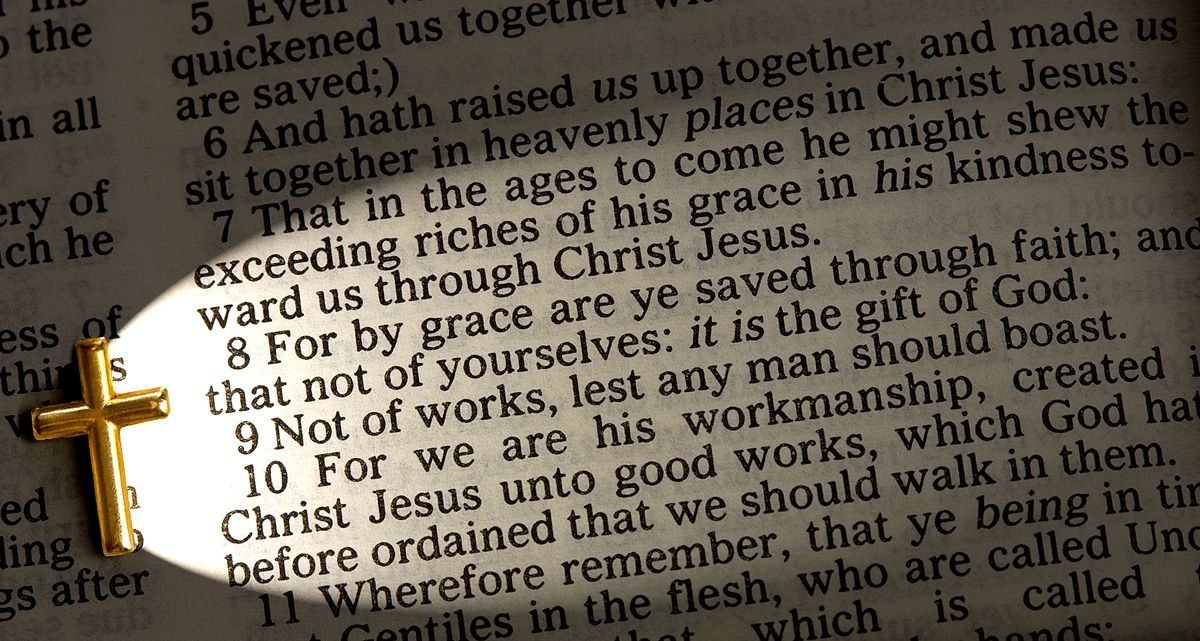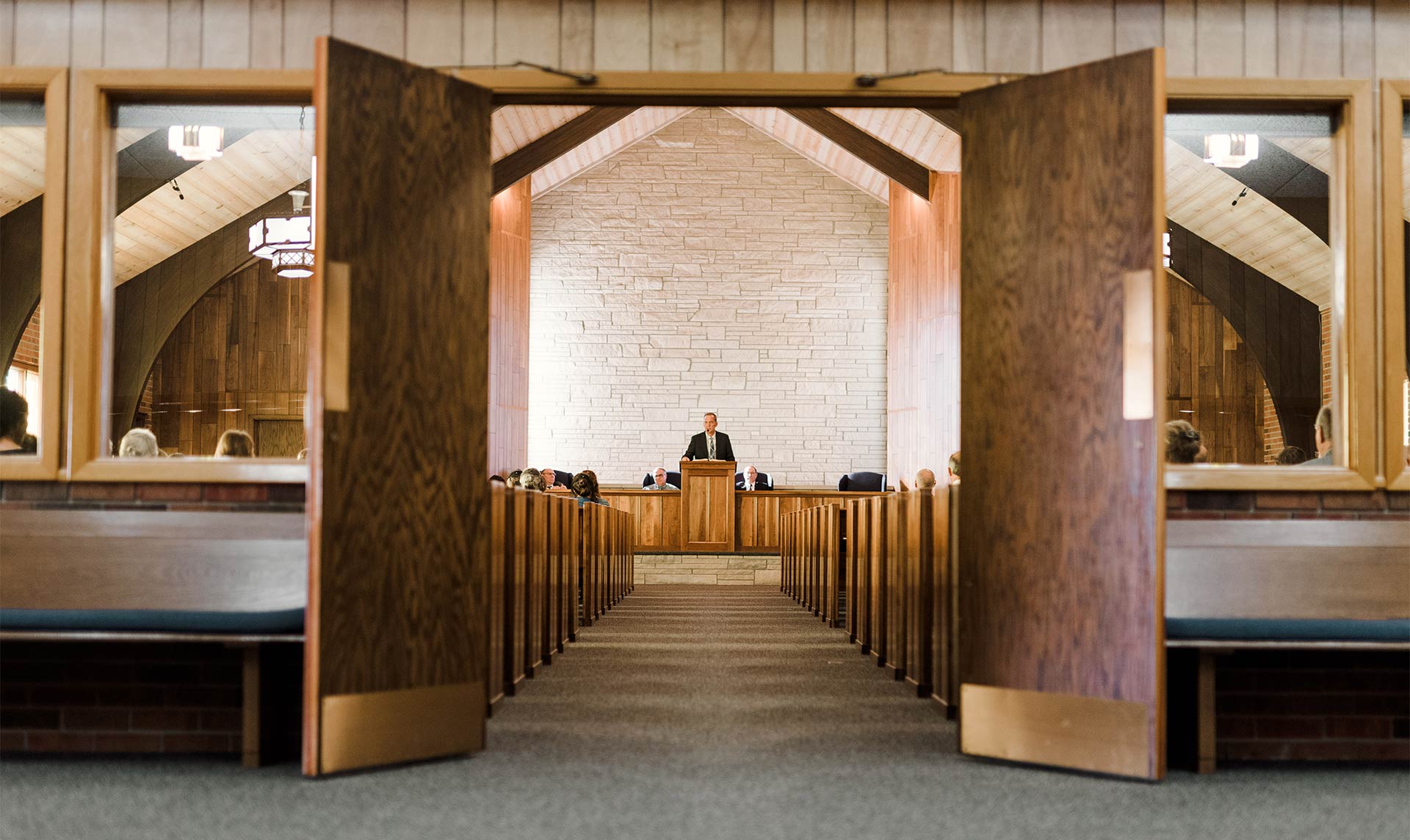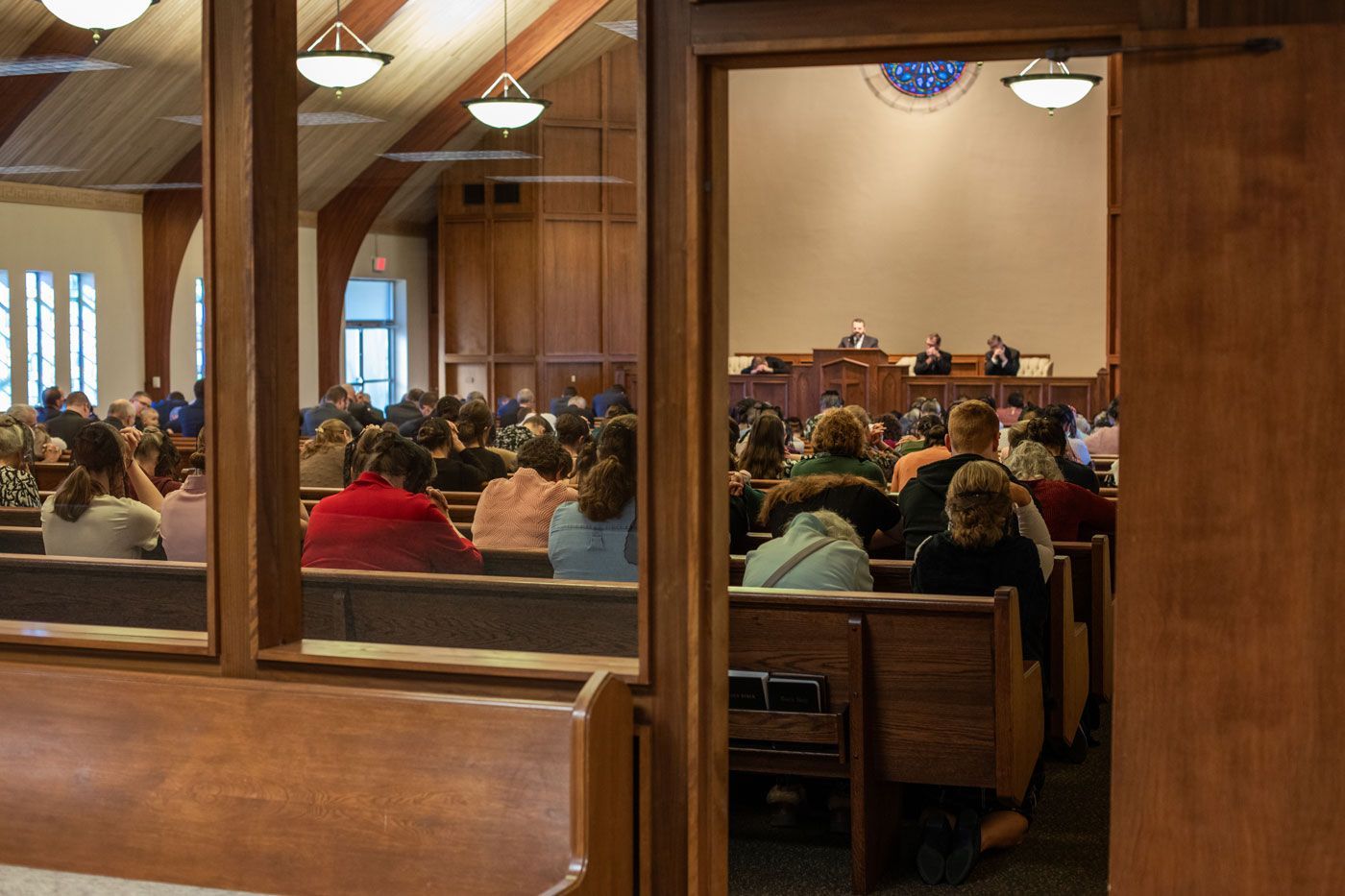Faith and Works: A Relationship, not a Rivalry
“For by grace are ye saved through faith; and that not of yourselves: it is the gift of God: Not of works, lest any man should boast. For we are his workmanship, created in Christ Jesus unto good works, which God hath before ordained that we should walk in them.” Ephesians 2:8-10

Salvation is a gift. In the love and wisdom of God, He set a plan of reconciliation that is by grace through faith. It cannot be earned, deserved, or repaid. The Apostle Paul writes, “For by grace are ye saved through faith; and that not of yourselves: it is the gift of God: Not of works, lest any man should boast.” This is an anchor of the gospel; the finished work of Christ offered to undeserving sinners. As a church family, it is good and necessary that we remember this together. It is where hope begins and where all faithful living is rooted.
The very next verse gives shape to what faithful living looks like: “For we are his workmanship, created in Christ Jesus unto good works, which God hath before ordained that we should walk in them.” Faith is not passive. True faith is active surrender, dependence, confession, and allegiance to Christ. It is personal, but never private, it inevitably expresses itself in obedience, love, and in producing fruit of the Spirit. The grace that saves is also the grace that works. Not in a way that earns anything, but in a way that reveals the evidence of salvation. As Jesus said, “Ye shall know them by their fruits.”
The Apostle Paul clarified this relationship between faith and works to a church that was embracing the Jewish law as their hope. Writing to the Galatians, he contended for the clarity of the gospel. His opening words leave no room for doubt: “Grace be to you and peace from God the Father, and from our Lord Jesus Christ, who gave himself for our sins, that he might deliver us from this present evil world.” That same grace that delivers from the evil world is what defines and directs the life of a believer. But some were distorting the message, attempting to add the requirements of the law to the work of Jesus. And Paul did not hesitate to call this a curse.[1] These were not simply acts of love or obedience, but specific requirements of the Mosaic covenant being treated as necessary for salvation. Paul opposed this, not because obedience is unimportant, but because relying on the law for righteousness denies the necessity and sufficiency of Christ.
This is where Paul uses the image of a “schoolmaster;” a tutor or guardian.[2] The law was never the Savior; it pointed toward our need for a Savior. It taught us that we cannot attain righteousness by our own effort. But Christ fulfilled the law in His life, death, and resurrection. “Christ hath redeemed us from the curse of the law, being made a curse for us.”[3] In Him, the curse is lifted, and the promise by faith is received.
And yet, we still ask: if faith saves us, what place do works have? Are we in danger of setting good deeds aside? Or, trusting in them without realizing it? James addresses this concern directly.
---------------------------------------------------- Continued portion below ----------------------------------------------------
“Even so faith, if it hath not works, is dead, being alone… shew me thy faith without thy works, and I will shew thee my faith by my works.”[4] There is no contradiction here. The Apostles are not debating whether works contribute to being born again, they do not. But they affirm that saving faith will not be fruitless. In verse 24, James writes, “Ye see then how that by works a man is justified, and not by faith only.” James is not introducing a new requirement; he is describing the nature of real faith. True faith responds. It acts. And the works that flow from faith give proof of what is unseen. James uses Abraham as a key example. When he offered Isaac on the altar, it was not to earn God’s favor, but because he trusted God fully. “Seest thou how faith wrought with his works, and by works was faith made perfect?” Faith was revealed by the actions it produced. Not as a new requirement added to grace, but as the fulfillment of it.
Hebrews 11 offers a beautiful portrait of this reality. From Abraham, to Moses, to Rahab, each one trusted God—and their trust showed up in action. “Faith is the substance of things hoped for, the evidence of things not seen.” Faith is substantial. It moves. It obeys. It gives and sacrifices and perseveres—not to be seen, but because it sees the unseen. Jesus commended this active faith, giving examples of how this shows up in our world in loving and serving others.[5] Such good works are how God’s children glorify our father in heaven.[6]
This is where Paul lands again in Galatians. Not in a formula, but in fruit. “But the fruit of the Spirit is love, joy, peace, longsuffering, gentleness, goodness, faith, meekness, temperance.” These are not works we can generate by self-effort alone. They are the overflow of life in the Spirit and the evidence of abiding in Christ. A sober reminder is found in Jesus’ encounter with the barren fig tree. It looked healthy from a distance, but it bore no fruit. Jesus cursed the tree, and it withered. This account reminds us that outward appearance is not enough. A name, a history, or an association with Christianity cannot replace a living faith demonstrated by action. Jesus desires to see the fruit of the spirit; evidence that we belong to Him and the actions that inevitably result when we are filled with love, joy, peace, and goodness!
So how do we live this out? How do we respond to such a gift? We trust and obey and express our allegiance to the One who gave everything. We surrender daily, walking by faith, depending on the Spirit, and confessing Christ. We also remember. We remember the grace that saved us, the cross that secured it, and the resurrection that confirms it and do not receive this grace in vain.[7] We return again and again to the gospel, keeping it in view so that our hearts are stirred to pursue this calling with all diligence and align our lives with the will of God.[8] The gift is still a gift. And when received in faith, it changes everything.
“For by grace are ye saved through faith… not of works… For we are his workmanship.” This is good news. Let us walk in it with joy and reverence.
[1] Galatians 3:10
[2] Galatians 3:24
[3] Galatians 3:13
[4] James 2:17-18
[5] Matthew 25:40
[6] Matthew 5:16
[7] 2 Corinthians 6
[8] 2 Peter 1:1-11









